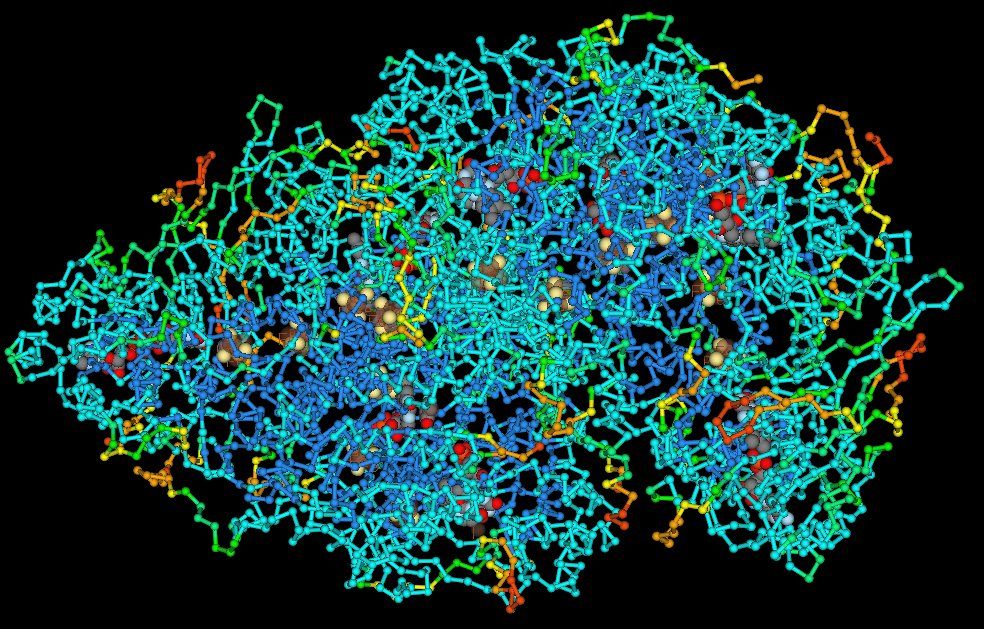Lasting Polymers: Eco-Friendly Solutions for the Future
Lasting Polymers: Eco-Friendly Solutions for the Future
Blog Article
Exploring the Varied Applications and Benefits of Polymers in Different Industries
Polymers, with their varied array of residential properties and functionalities, have become essential in various markets, each enjoying special benefits from their application. From enhancing security and efficiency in the automotive market to reinventing medical devices in the healthcare sector, polymers play a critical duty.
Automotive Market Applications
Polymers play a critical duty in enhancing the efficiency and toughness of various elements within the auto industry. These functional materials are extensively made use of in the manufacturing of various components, ranging from interior elements to under-the-hood applications. One prominent use polymers in the auto industry is in the manufacturing of lightweight parts. By replacing conventional steel get rid of polymer-based choices, automobiles can attain improved gas efficiency without jeopardizing on toughness or safety and security.

Health Care Sector Advantages
In different healthcare applications, the benefits of utilizing polymers are extensively acknowledged for their diverse array of useful homes. Polymers play a crucial role in the health care industry because of their adaptability, biocompatibility, and cost-effectiveness. One of the main advantages of polymers in medical care is their capacity to be tailored to certain requirements, such as adaptability, sturdiness, and biodegradability, making them suitable for a large range of medical applications.
Polymer-based materials are extensively used in clinical gadgets, such as catheters, implants, prosthetics, and drug delivery systems, due to their biocompatibility and capability to imitate natural cells. These products can lower the risk of allergies or beings rejected, boosting person safety and security and end results. Furthermore, polymers are lightweight, making them suitable for wearable medical tools and making sure client convenience.
Moreover, polymers make it possible for the growth of cutting-edge therapy methods, such as hydrogels for cells design and nanocomposites for targeted medicine delivery. Their convenience of handling and sterilization makes them vital for maintaining high criteria of hygiene in healthcare setups. Overall, the diverse advantages of polymers contribute dramatically to innovations in medical technology and individual treatment.
Environmental Advantages of Polymers

Additionally, polymers can contribute to power savings as a result of their lightweight nature. In industries such as transport, lightweight polymer next products can aid reduce fuel usage and greenhouse gas emissions. Furthermore, polymers can make it possible for the growth of energy-efficient products such as insulation products that boost energy conservation in buildings.
Additionally, polymers play a vital duty in lowering water contamination. The use of polymer-based purification systems can effectively remove pollutants and impurities from wastewater, safeguarding water sources and ecological communities. Generally, the environmental benefits of polymers make them useful assets in advertising sustainability and environment-friendly methods throughout various sectors.
Polymers in Electronic Devices and Innovation
Thinking about the increasing look at this site need for innovative and sustainable services in modern industries, the integration of sophisticated polymer modern technologies in the realm of electronics and innovation has actually become a critical method for driving performance and performance. Polymers have transformed the electronic devices industry by making it possible for the production of lighter, a lot more versatile, and durable electronic gadgets. From smart devices to clinical gadgets, polymers play an essential function in improving item layout and capability.
One significant benefit of polymers in electronic devices is their insulating residential or commercial properties, which aid secure delicate electronic components from environmental factors and electrical interference. In addition, polymers are vital in the advancement of adaptable screens, wearable modern technology, and published electronic devices, using unlimited opportunities for creating wise and interconnected tools.
In addition, making use of polymers in electronic packaging has actually resulted in advancements in miniaturization and thermal administration, enhancing the total performance and dependability of electronic systems. As technology proceeds to progress, the versatility and flexibility of polymers will certainly drive further advancement in the electronics industry, shaping the future read this of innovation.
Role of Polymers in Building And Construction and Facilities
Polymers provide many benefits in the construction sector due to their convenience, resilience, and cost-effectiveness. One key function of polymers in construction is their usage in coatings and sealers, offering defense versus environmental variables such as wetness, UV radiation, and corrosion.
Moreover, polymers play an essential role in lasting building and construction techniques by making it possible for the advancement of energy-efficient structures. Insulating products made from polymers aid control interior temperatures, reducing the requirement for heating and cooling down systems and ultimately decreasing power consumption. Moreover, using polymer-based compounds in infrastructure jobs such as bridges and roads improves their long life and decreases upkeep costs. Generally, the incorporation of polymers in building and framework showcases their considerable influence on modern design techniques.
Conclusion
Finally, polymers play a crucial role in various industries such as automotive, healthcare, ecological, electronics, and building. Their functional buildings make them beneficial in developing cutting-edge solutions and items. From improving gas efficiency in vehicles to boosting medical devices, polymers offer numerous benefits. In addition, their effect on lowering waste and promoting sustainability highlights their relevance in modern-day applications. The extensive use of polymers demonstrates their significant payment to progressing innovation and enhancing lifestyle.
Report this page